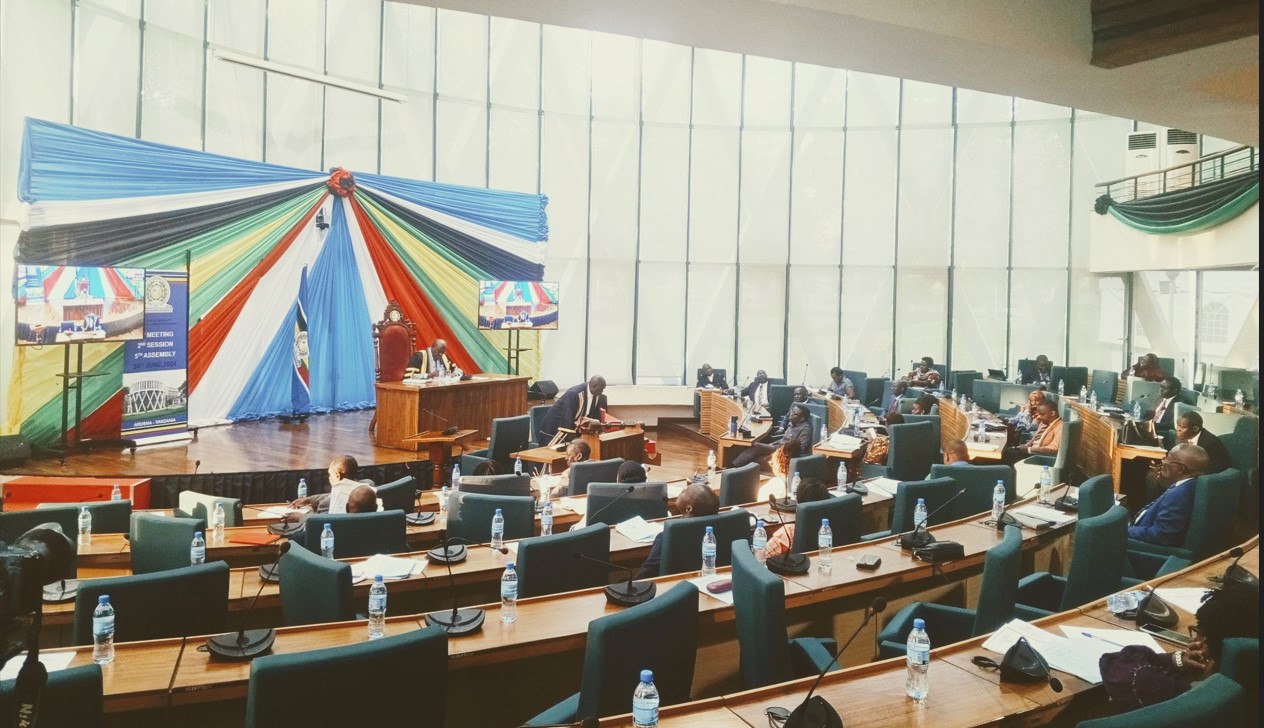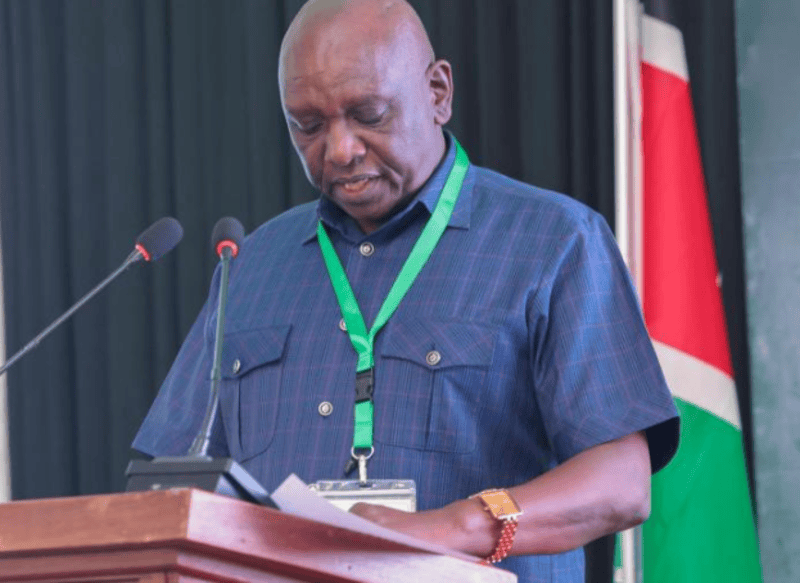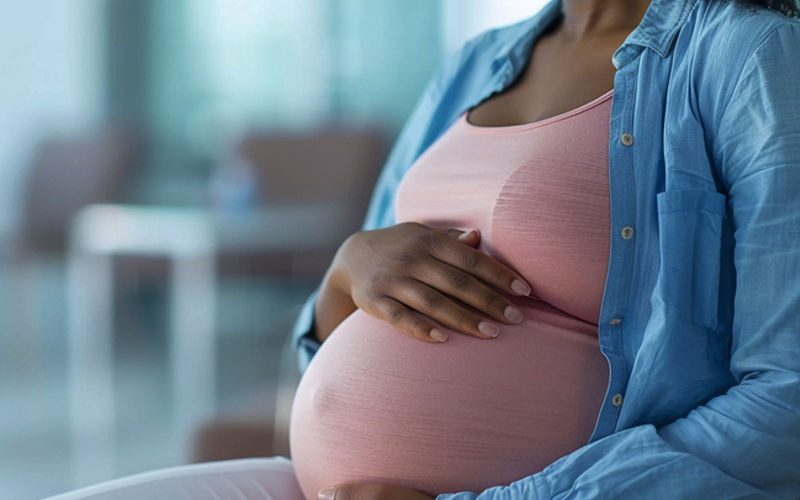Proxy Finance Bill? Higher import duties on essential goods in EAC’s new tax guidelines

Some of the upward revised tariff’s touch on items that formed the basis of the public outroar over the currently withdrawn Finance Bill 2024
The East African Community has gazetted tax guidelines for imported goods coming into the region; Kenya, Burundi, Rwanda, South Sudan, Tanzania and Uganda beginning July 1 for the next year.
The guidelines itemise the approved measures on import duty rates in the EAC Common External Tariff (EAC CET).
More To Read
- EAC to set up joint taskforce and offender database to curb SGBV, cross-border crimes
- East African Community launches unified customs bond to ease regional trade amid ongoing tensions
- EAC warns partner states against unilateral directives undermining Common Market Protocol
- Kenya petitions EAC over Tanzania’s ban on foreign traders, cites treaty violations
- Kenya urges urgent action as Tanzania’s new trade restrictions threaten EAC integration
- Tanzania’s ban on foreign small businesses sparks EAC backlash as Kenya demands action
Conventionally, the tariff requires the community to have four bands of common external tariffs with a minimum rate of 0 per cent, rates of 10 per cent, 25 per cent, and a maximum rate of 35 per cent for all products imported into the community.
The Cet is a product of the East African Community's Council of Ministers and works to guide the region's alignment of customs duty rates.
Interestingly, the latest issue for the Fiscal Year 2024/25 includes revised rates, which may enrage Kenyans, who have organised anti-Finance Bill protests around the country in recent weeks in opposition to additional taxation in light of the already high cost of living.
Some of the upward revised tariffs touch on items that formed the basis of the public outroar over the currently withdrawn Finance Bill 2024.
These include baby diapers, cooking oil, detergents and cooking gas.
Other commodities whose duty tariffs have been increased by the council that could also be of interest to Kenyans are mobile phones, television sets and furniture.
Generally, this means the aforementioned goods will be subjected to the new customs duty and as a result, their prices go up, reducing the purchasing power of most households in the country.
“This can only further boil the high cost of living grievances in the country mirrored by the Gen-Z led ‘Reject more taxation’ movement, as Kenya is still a net importer and will still be in the coming decade,” says economic analyst Mihr Thakar.
🆕 EAC Gazette Vol. AT 1 - No. 18 of 30th June, 2024
— East African Community (@jumuiya) July 2, 2024
⬇️ Download 🔗: https://t.co/OakRU7eVIe pic.twitter.com/a3eAAsnCt3
Baby diapers
In the June 30 gazetted document, Kenya alongside Burundi, Uganda and Tanzania have lined up the product for increased taxation.
The EAC members have decided to apply a duty rate of 35 per cent for one year from the previous 25 per cent.
Once the Kenya Revenue Authority incorporates this provision into the system, diaper prices will consequently rise.
Comparatively in the withdrawn Finance Bill, baby diapers would have been affected by introducing the eco levy which had proposed taxing Sh150 per kilogramme of plastic packaging material.
Cooking oil
Kenya and Uganda have remained at the EAC rate of 0.0 per cent for crude palm oil and have chosen 10.0 per cent for the coming year, increasing cooking oil prices.
In terms of other palm oil refined, the publication reveals Kenya has remained at the EAC rate of 25.0 per cent, opting for 25.0 per cent or $500.0 (Sh64,250) per metric tonne, implying no respite during the year.
Compared to the Finance Bill 2024, the Sh150 levy per kilogramme of plastic packaging, according to the Kenya Association of Manufacturers (KAM), would increase the cost of a litre of cooking oil by about Sh16.81 from Sh300 to Sh316.81.
In addition to the eco levy, the bill had also proposed to introduce a 25 per cent excise duty on crude palm oil, a 25 per cent excise duty on the finished product, and a 10 per cent excise duty on plastic packaging, all hitting the cooking oil segment.
If all of these taxes are imposed under the law, the average ex-factory price of a 20-litre cooking oil will jump by nearly 56 per cent, from Sh3,693 to Sh5,775.
Following the EAC Council's raised duty tariff on crude palm, the question arises as to whether repealing the 2024 Finance Bill benefits consumers. The price of cooking oil will rise nonetheless.
The East African Legislative Assembly has this afternoon passed the EAC Appropriation Bill, 2024.
— East African Community (@jumuiya) June 29, 2024
The House also adopted the Report of the Committee on General Purpose on the EAC budget estimates for revenue and expenditure for the financial year 2024/2025@SGNduva @EA_Bunge pic.twitter.com/DaUpOCX6c7
Detergents
Duty payments on detergents and other organic surface-active chemicals marketed for retail use have also been raised from 25 per cent to 35 per cent or $500.0 (Sh64,250) per metric tonne, whichever is higher.
The bill might have resulted in higher detergent prices due to the eco levy targeting plastic packaging.
Kenya Association of Manufacturers noted that the levy could increase a kilogramme of detergent by Sh30 from Sh200 to Sh230 notwithstanding other duties proposed by the bill on the same product.
With the import duty rate increasing by 10 per cent, importers are expected to pass the cost on to consumers, resulting in higher detergent prices.
Cooking gas
The gazette notice by the EAC Council further states that Kenya alongside Uganda has decided to stay at the EAC rate of 0 per cent and apply a duty rate of 35 per cent on (Liquefied Petroleum Gas) LPG cylinders for the next year.
This, just like the products mentioned above, could see the retail price of cooking gas shoot up, further squeezing the consumer’s pocket to afford the now-considered basic commodity as the state mulls cutting down on fossil use.
Other notable tariff changes
Television sets will now apply a duty rate of 35 per cent for the coming year, moving away from the EAC Cet rate of 25 per cent.
Kenya has decided to retain the EAC Cet rate of 0 per cent and apply a duty rate of 25 per cent, increasing mobile phone pricing.
Kenya has also maintained its EAC rate of 35.0 per cent for furniture and plans to increase it to 45.0 per cent the following year.
Top Stories Today













































